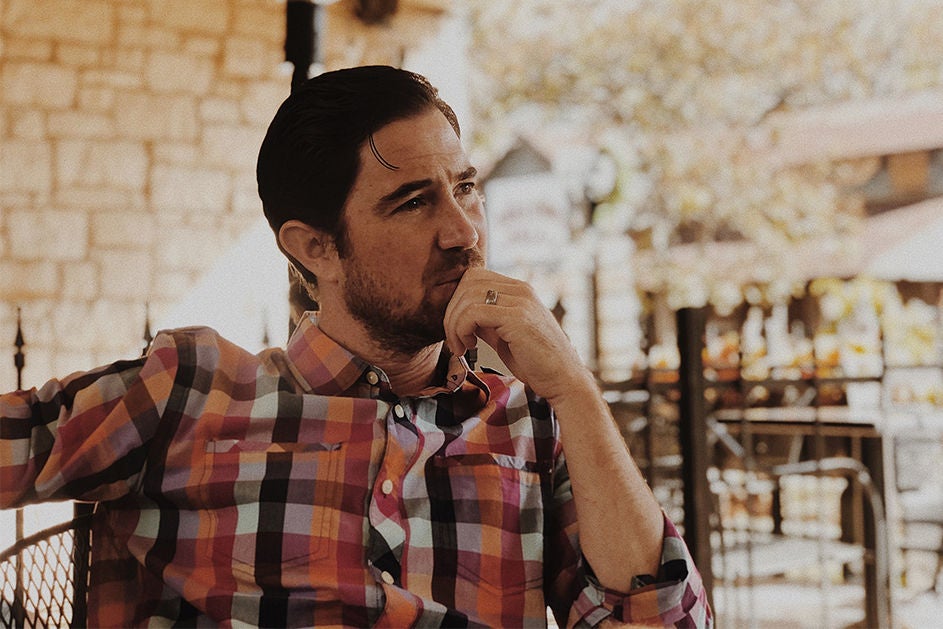| Australia’s #1 plaintiff law firm |
| No Win, No Fee claims |
| Client-focused support |
Australia’s #1 plaintiff law firm
No Win, No Fee for all claims
Client-focused support
Contesting a Will is never an easy decision, especially when you’re questioning the testamentary capacity of a loved one. At Maurice Blackburn, we understand the emotional and legal complexities involved when challenging a Will due to dementia. Our expert team is here to guide you through the process, ensuring your loved one's true intentions are respected and upheld under Australian law.
Understanding testamentary capacity and dementia
Dementia can significantly impair a person's testamentary capacity, which is their legal ability to make or alter a Will. Testamentary capacity requires the testator, the person who has made a Will, to understand the nature of a Will and how it operates, comprehend the extent of their assets, and recognise the claims of those who might expect to benefit from their estate. If dementia affects these abilities, it can lead to legal grounds for contesting the Will.
Impaired testamentary capacity due to dementia can manifest in various ways. Common signs include:
- confusion about personal assets
- difficulty recognising family members, or
- an inability to understand the implications of their decisions.
If your loved one has exhibited any of these signs when making or altering their Will, it may be possible to contest it on these grounds.
In Australia, a Will can be contested if the testator lacked testamentary capacity. To successfully challenge a Will on this basis, evidence must be presented to prove that dementia prevented the testator from fully understanding their actions, the consequences of those actions or that their condition impaired their decision-making ability.
Grounds for contesting a Will due to dementia
Lack of testamentary capacity
The most common ground for contesting a Will due to dementia is a lack of testamentary capacity. If it can be proven that the testator did not have the capacity to understand the nature of the Will or the extent of their estate or their decision-making ability was impaired due to dementia, the Will may be declared invalid.
Legal process for contesting a Will based on dementia
To contest a Will due to dementia, it's crucial to gather strong evidence. This may include:
- medical records that document the testator’s dementia diagnosis
- testimony from witnesses who observed the testator's mental state, and
- files from the solicitor who prepared the Will.
This evidence can help establish whether the testator had the capacity to make informed decisions when changes were made.
When contesting a will based on dementia, several key legal considerations come into play, such as:
- the timing of the Will's creation relative to the dementia diagnosis
- the existence of any previous Wills that may reflect the testator's true intentions.
Our experienced legal team can guide you through every step of these complex legal issues, ensuring your case is prepared with care and precision.
If you suspect a Will was created under questionable circumstances due to dementia, the first step is to seek legal advice. Our experienced lawyers will help you understand your options, gather the necessary evidence, and represent you in court to protect your interests.
Frequently asked questions
Proving a lack of testamentary capacity typically requires medical records, witness testimony, and other documentation that demonstrates the testator’s impaired mental state. Our experienced lawyers can work with you to compile and present the strongest possible evidence.
Yes, a Will can be contested after probate has been granted, but the process can be complicated. If you suspect dementia affects the validity of a Will, it’s crucial to act quickly and seek legal advice to explore your options.
The cost of contesting a Will due to dementia varies depending on the complexity of the case. At Maurice Blackburn, we may be able to offer a No Win, No Fee arrangement, where we only charge our professional fees if your case is successful. Find out more about our fees here.
Get expert help with a Will dispute
Expert legal advice is essential when navigating a Will dispute, whether you are contesting a Will or responding to a claim.
For decades, we’ve represented Australian families through Will disputes with care and understanding. With 98% of our cases resolved quickly and out of court, you can trust our expertise to protect your legal rights.
Contact us today for a confidential, no-obligation consultation to explore your options.
Need to speak to us sooner? Call us on 1800 111 222
Australia’s #1 plaintiff law firm
No Win, No Fee
Client-focused support
Contact our expert Wills team
We have
over 3,000
five-star reviews
Office locations
We’re here to help. Get in touch with your local office.
Select your state below
- VIC
- QLD
- NSW
- WA
- ACT
- SA
- TAS
- NT
We have lawyers who specialise in a range of legal claims who travel to Australian Capital Territory. If you need a lawyer in Canberra or elsewhere in Australian Capital Territory, please call us on 1800 675 346.
We have lawyers who specialise in a range of legal claims who travel to Tasmania. If you need a lawyer in Hobart, Launceston or elsewhere in Tasmania, please call us on 1800 675 346.



